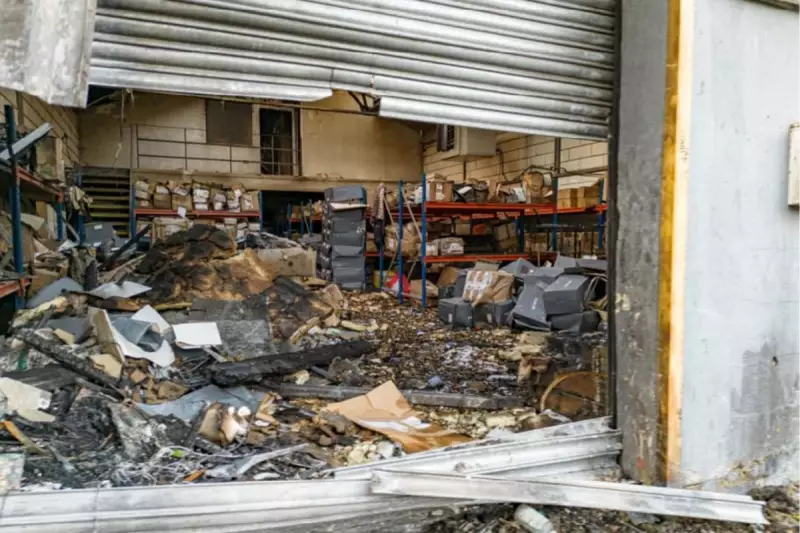
European intelligence agencies are sounding the alarm as Vladimir Putin's notorious Wagner Group mercenaries establish covert operations across the continent, posing a direct threat to NATO's eastern flank.
Shadow Army on the Move
According to security sources, Wagner operatives have been detected moving through multiple European countries under various disguises, with Poland and Lithuania identified as primary targets. The mercenary group, which played a key role in Russia's invasion of Ukraine, is now redirecting its attention toward destabilising NATO members.
"We're witnessing a sophisticated infiltration operation," revealed a senior European intelligence official. "These aren't just individual fighters - it's a coordinated campaign with clear strategic objectives."
Belarusian Springboard
The presence of approximately 400 Wagner fighters in Belarus has created a strategic staging ground just miles from Poland's border. Security analysts warn this positioning allows for rapid deployment into EU territory, with the mercenaries reportedly receiving training at military facilities near the Polish frontier.
Lithuanian President Gitanas Nausėda expressed grave concerns, stating: "The Wagner group is a threat, not only to Ukraine and Poland but to all of us." His warning underscores the broader regional anxiety about the group's expanding European footprint.
Multiple Fronts, Multiple Identities
Intelligence reports indicate Wagner fighters are employing sophisticated cover identities, including posing as:
- Migrants and asylum seekers
- Business travellers and tourists
- Humanitarian workers
This deception makes tracking their movements exceptionally challenging for European security services already stretched thin by migration pressures and counter-terrorism operations.
NATO's Response
Defence officials confirm enhanced surveillance and border security measures are being implemented across Eastern Europe. Poland has significantly bolstered its border forces, while Lithuania continues to monitor the situation with increasing urgency.
The Wagner Group's European expansion represents a dangerous escalation in Russia's hybrid warfare campaign, testing NATO's collective security architecture and threatening to bring the Ukraine conflict directly to EU doorsteps.





